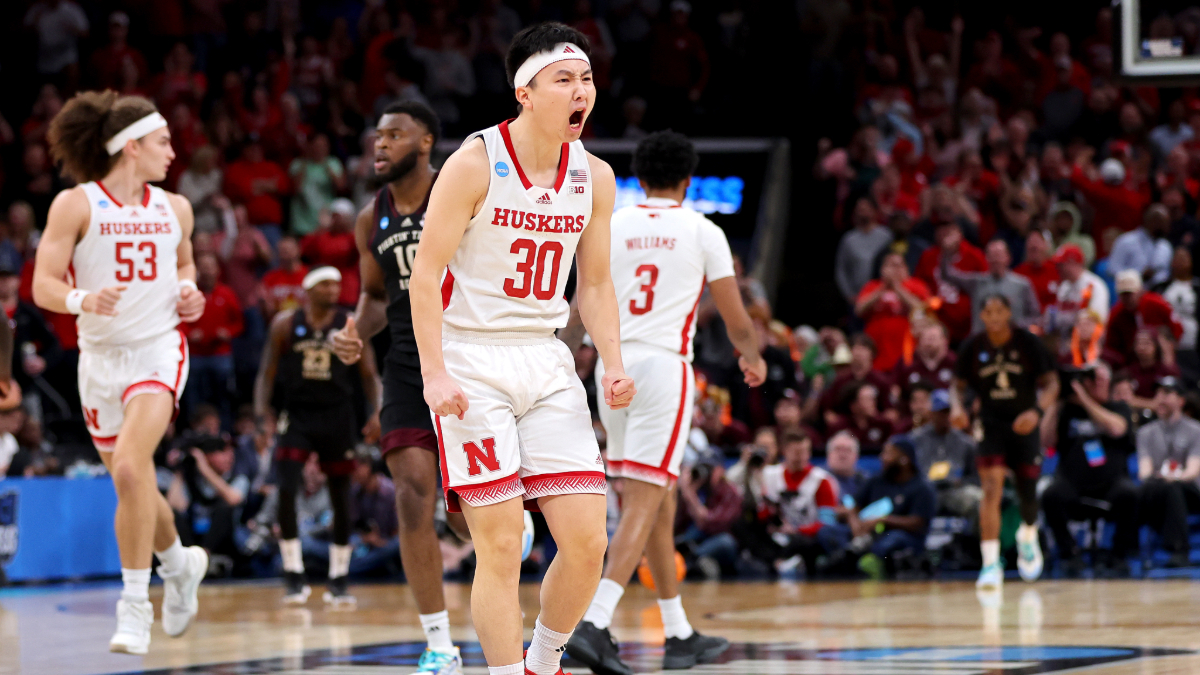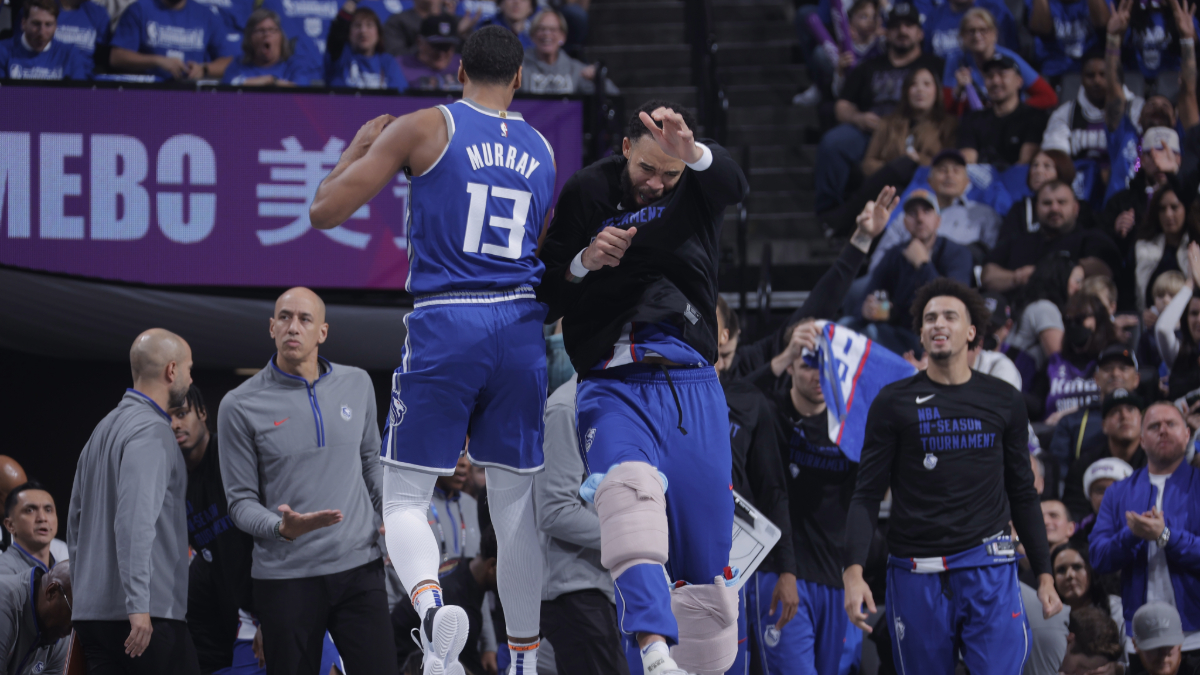- Content warning: This article contains reference to death by suicide.
Former King Ricky Berry was, in some ways, a player ahead of his time.
A 6-foot-8 guard, Berry made 40.8 percent of his 3-pointers in his lone NBA season. Kenny Smith, Berry's teammate in Sacramento and now an analyst for Turner Sports, once told The Undefeated's Marc Spears that Berry was "Reggie Miller with dribbling skills."
Stay in the game with the latest updates on your beloved Bay Area and California sports teams! Sign up here for our All Access Daily newsletter.
The support system NBA teams provided, however, were not as forward-looking.
Berry died by suicide in 1989, months removed from his rookie season. Henry Turner, Berry's teammate with the Kings, told NBC Sports Bay Area, said players didn't discuss their mental health for fear of being labeled soft.
"No one ever wanted to seem soft," Turner said. "Back in our day, if you seemed soft you became a target. No one knew what to look for because they never did express, 'OK, I'm depressed.' "
Thirty years after Berry's passing, the NBA instituted rules requiring every team to hire mental-health staff.
NBA
"You never know what's going through somebody's mind, or what takes them there," Spears told NBC Sports Bay Area. "But I wish what's available now was available in 1989, too. Because perhaps we wouldn't be talking about this right now."
Berry's story is the focus of the second feature of NBC Sports Bay Area's "HEADSTRONG 2.0" series, a month-long initiative spotlighting men's health issues that will take place throughout January.
Learn more about his story in the video above.
If you or someone you know is feeling distressed and/or in crisis and needs to talk to a counselor, please call 1-800-273-TALK(8255). If you prefer to speak to a counselor online, please visit the National Suicide Prevention Lifeline website.


